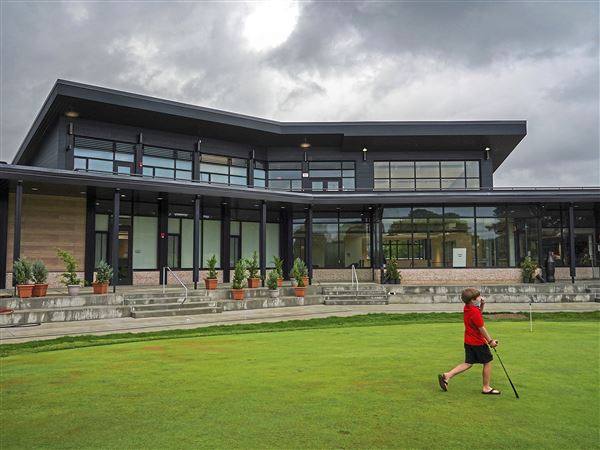At this juncture in our country’s racial history, we would do well to replace the bumper sticker that says “celebrate diversity” with one that says “challenge disparities.”
Individuals of various racial and ethnic groups have too often engaged in discussions focused simply on appreciating our differences, which is fine. But I believe they also have diverted our attention from the more difficult and challenging conversations on race and racism and the action needed to move us toward a more racially just society. Discussions about diversity can impede truly useful dialogue regarding the groups the term is meant to encompass.
Celebrating diversity is a feel-good activity, a way to acknowledge cultural differences that does not carry a great deal of emotion. It almost never includes overt recognition of historical and present-day injustices. A frank discussion about race, in contrast, often doesn’t feel so good, as it draws attention to ongoing problems such as bias and inequality. It can be emotional and painful.
I am not suggesting that we abandon efforts to celebrate our differences. They do have value. Rather, I suggest we do both — and spend a great deal more time talking about the elephant in the room, which is race and racial disparities.
Let’s face it, cultural styles and the different foods we eat — you bring pierogies and I’ll bring sweet potato pie — are not at the heart of racial conflicts in America. Rather, the fundamental source of our racial problems are disparities in jobs, housing, education, incomes and wealth and how we are treated as individuals. We rarely confront in conversations about diversity how our lives as whites and non-whites diverge in ways that really matter.
A similar argument can be made regarding gender: Women, by and large, don’t have a problem with men being of a different gender; they do have a problem with male-female disparities in life’s opportunities.
If we truly want greater racial harmony and social justice, then let us talk about specific ways in which we can reduce racial disparities. We are unlikely as a society to celebrate our way to social and economic justice.
Larry E. Davis is dean of the School of Social Work, Donald M. Henderson Professor and director of the Center on Race and Social Problems at the University of Pittsburgh (ledavis@pitt.edu).















